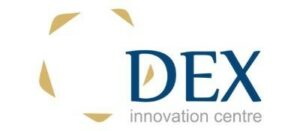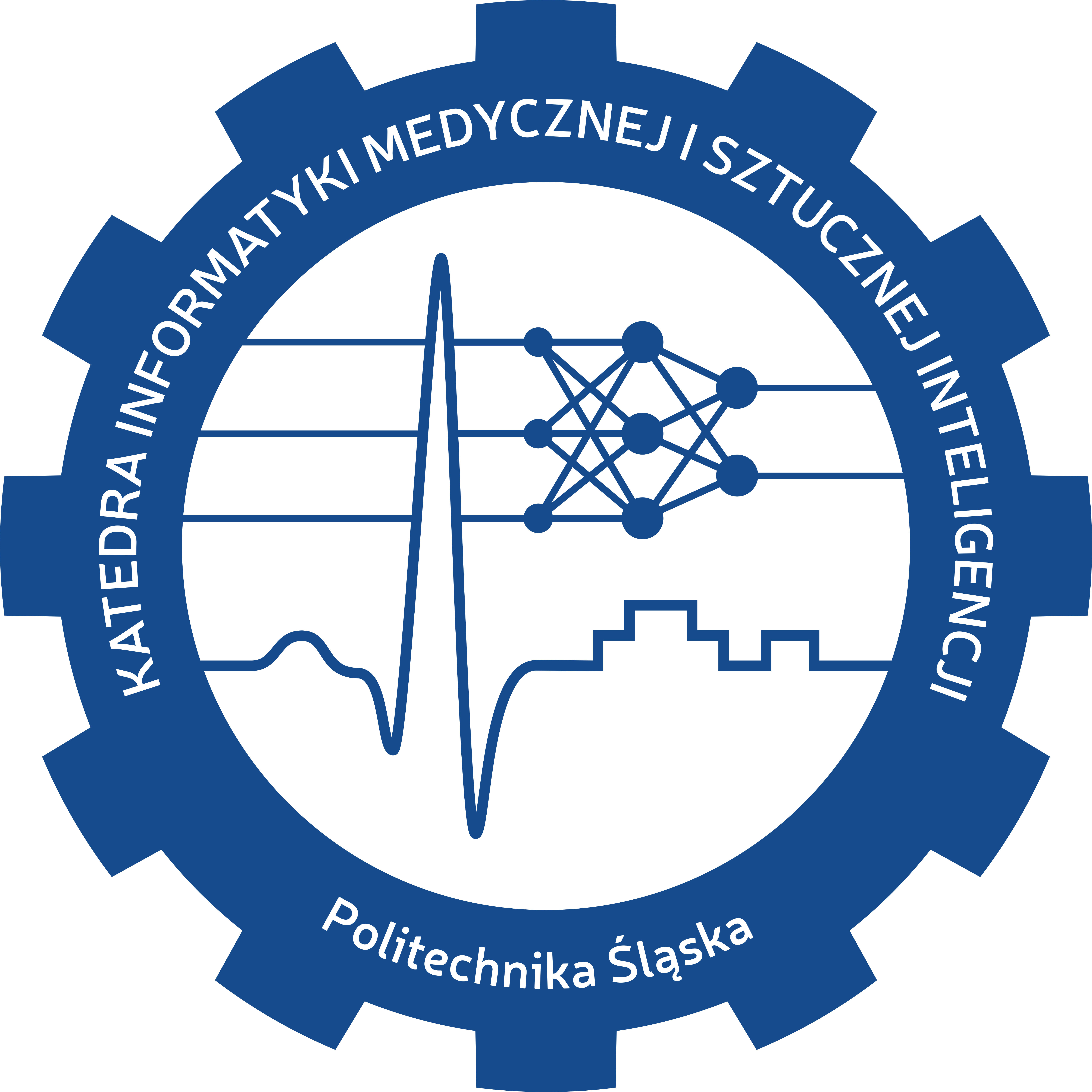Start - V.I.B.E – Virtual Biomedical and STEM/STEAM Education
V.I.B.E – Virtual Biomedical and STEM/STEAM Education
Basic information
- Project ID: VIBE (2021-1-HU01-KA220-HED-000032251)
- Website: https://vibe-project.pte.hu
Project start date:
- Project end date: 31 October 2024
- Total budget: 298,841 EUR
- Coordinator: University of Pécs, Pécs, Hungary (https://projects.pte.hu/en/node/186)
- Partners:
- Universidade do Porto, Porto, Portugal
- DEX Innovation Centre, Liberec, Czech Republic (https://dex-ic.com/vibe)
Background
Medical and STEM education is essential for the continuous progress of our society through greater innovation, research and science activity, and the development of regional, national, and international healthcare systems.
Rapid development of ICT technologies in the 21st century reshapes our social life, work environment and education. The digital transformation has been especially apparent over the last decade and measures imposed at regional, national and international level due to the COVID-19 pandemic have significantly accelerated this process.
The lack of medical professionals and healthcare providers is a national and international phenomenon. International trends and the experience of our Consortium show that there is a huge demand for skilled and highly motivated professionals in these sectors. VR (virtual reality) technology has been found to be a highly effective, reliable, and interactive method for a wide range of education.
We believe that VR technology is a compelling and powerful e-learning method. Therefore, we intend on establishing VR-based BSc and MSc healthcare training, as well as a joint degree program in collaboration with our partners.
Potential stakeholders
- University students and staff
- Young people interested in medical and STEM/STEAM education
- Other people interested in STEAM/STEAM and/or medicine
Objectives
- The goal of the V.I.B.E. project is to develop and strengthen the digital competencies and educational cooperation of the participating organisations, as well as to share the knowledge and good practice guidelines with the wider community.
- By implementing the project, we aim to attract and retain students and encourage them towards ongoing, life-long education with practice oriented tuition. It is interactive, easy to standardize and has innovative features that can be easily adapted and implemented in virtual platforms.
- Based on the detailed needs analysis, we aim to thoroughly explore the possibilities that VR platforms can provide and critically evaluate available solutions.
- The criterion for the evaluation includes the following: accessibility, availability, adaptability and sustainability.
- Standardization, the possibility for continuous feedback, and analysing data are key elements in the project.
- All results and conclusions will be disseminated on a scientific and public basis.
- Building on data and previous experience gained by our institutions, our aim is to establish VR based BSc and MSc training, as well as a joint degree program in collaboration with our partners. PhD courses and part-time courses will be organized for lifelong learning, along with sustainability and continuous improvement of the project. The Consortium would like to gain a deeper knowledge about digital and VR based online learning platforms, and share this knowledge, not only with the participants, but with the wider population as well. In addition to benchmarking and evaluation of different IT solutions, getting experience about virtual learning and course development is among the main goals of the project. The possibility of co-creation and collaboration using VR tools is especially important in STEM and medical education, therefore exploring the process of online, VR based project work will also be examined.
- As a result, we expect an increased level of digital competencies in the participating higher education institutes, a growing number of students interested in applying to the STEM and medical fields, including a major increase in female professionals and candidates from rural areas. The Consortium believes that the results of the project will create a new, immersive and inclusive digital environment for all stakeholders.
Implementation
By implementing the project, the first step will be a detailed analysis regarding digital competences and preferences for the participants of the Consortium. Surveys will be conducted among the faculty staff and students, using the IKANOS platform. The next step, a detailed, and critical benchmarking activity, will be started, involving not only professionals from the academic field, but with the help of companies and industrial partners. Knowledge transfer and collective learning will be ensured by online and personal meetings (when possible due to the pandemic). After evaluating existing online VR educational and co-working platforms, experience gained will be shared with the wider public, using online communication and virtual presentation tools.
All the materials must be clear and available on multiple online platforms to ensure the engagement of the citizens and allow them to understand the basic concepts of digital worlds and virtual reality. Based on the requirements and results of market analysis, an innovative VR platform will be implemented at the participating organisations. This platform will be tailored to create a valuable tool for course-development, project management, curriculum development and enhancing marketing activities. A pilot program in Biomedical Engineering BSc will be developed, which will be based on the knowledge transfer and examples of good practice learned within the Consortium. Innovative, practice orientated distance education protocols will be evaluated, for example, laboratory practices or to provide hands-on practice in skills like basic surgical techniques online. These activities correspond with previous studies and projects from the participants.
The optimal VR platform needs to also support course development, therefore a successful interdisciplinary course that already exists, will be modified for the virtual world (for example, Innovations in Healthcare Technology at the UP). Within the course, co-creation and virtual collaboration will be key elements where the VR platform will be tested as a project management and support tool. All activities and the number of attendees on the virtual platform can be continuously monitored. According to the preliminary findings, at the moment there are no digital or VR platforms for those who are willing to learn on a part-time basis. V.I.B.E. aims to fill this gap, opening new horizons in education for part-time learners, upskilling within companies, retraining or group building activities. This provides an innovative solution for life-long learning. To ensure the continuous and effective sharing of good practices, workshops and study visits are planned, both online and, when possible, in person.
The outputs of each milestones will be widely publicised, and during the final phase, a public online virtual event will be held to demonstrate the possibilities of VR technologies and enhance digital transformation at the international level.
Project outcomes
- Spreading and widening the knowledge and awareness of VR/AR-based learning
- Higher number of students interested in STEM/STEAM or medical fields and increased level of diversity
- More immersive and overall improved VR environment
- A completely new curriculum (Biomedical Engineering BSc) developed using the VR platform as a co-creation and collaboration tool.
- Maintaining the international cooperation network established in the project beyond the scope of EU funding.
Project results
Contact
This project is funded by the Erasmus+ Programme of the European Union.













